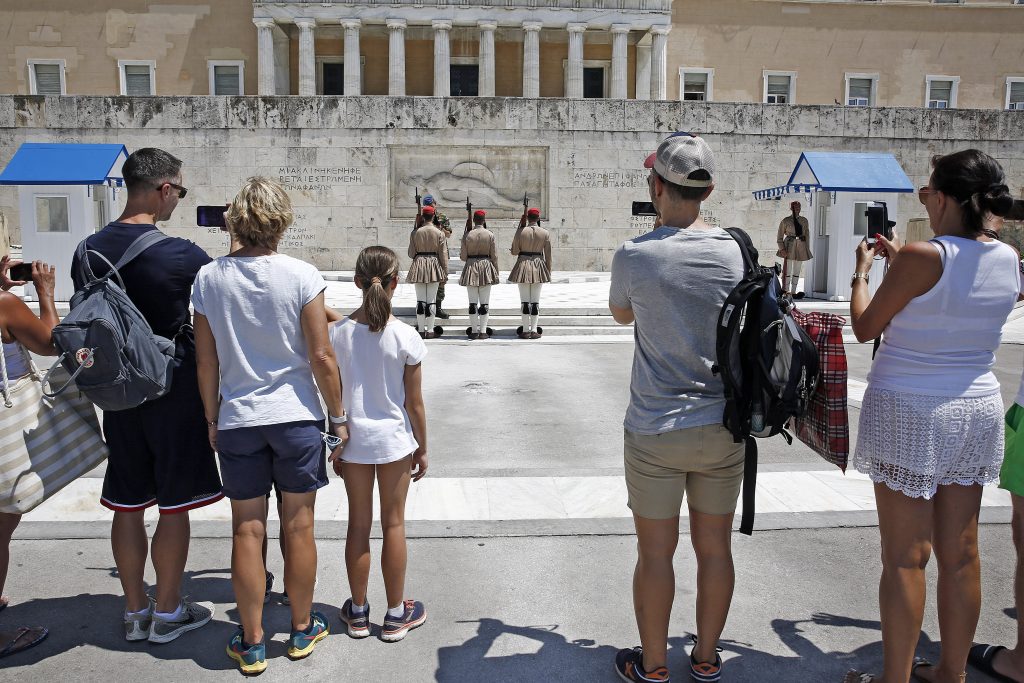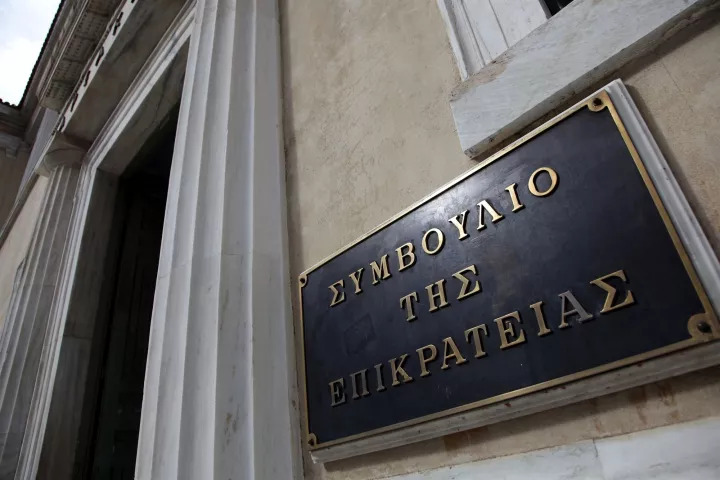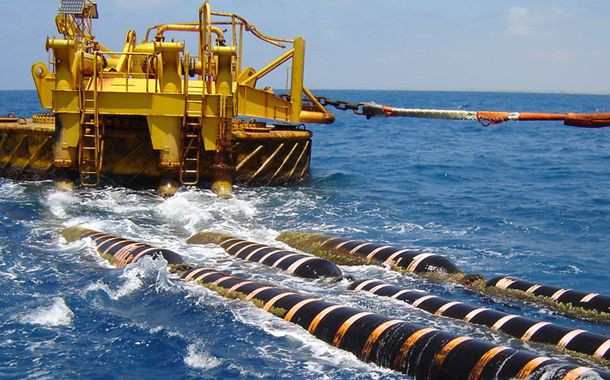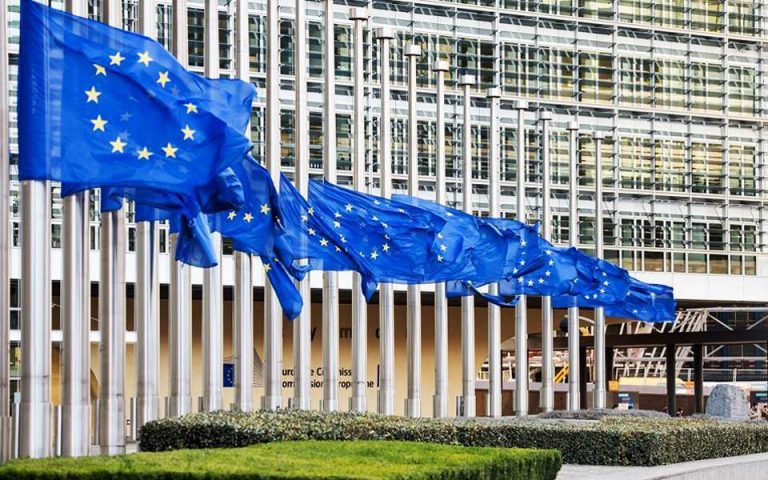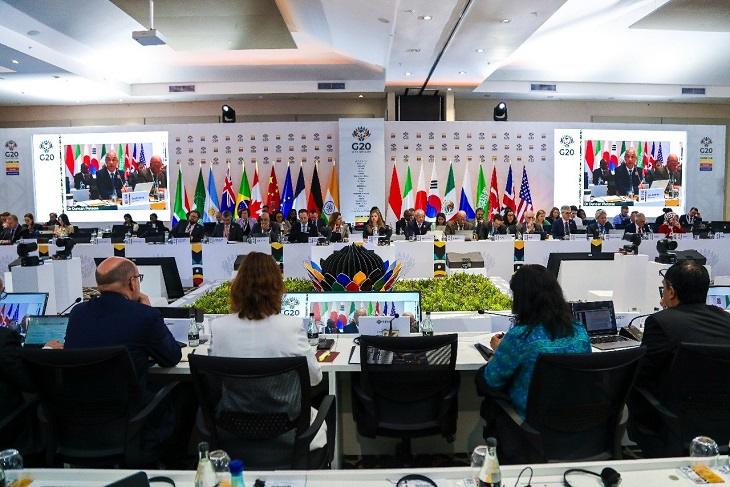Having as its main aims the gradual lifting of seasonality, the expansion of tourism into other areas with growth potential and the increase of average spending during stay by 2030 the abstract of the study “Greek Tourism 2030 | Action Plans,” was published. The study was prepared by the consortium of companies Deloitte – Remaco on behalf of tourism institute INSETE.
According to the study, under certain conditions, revenues in 2030 could reach 27 billion euros, showing an increase of 52% compared to 2019 which was 18 billion euros, visits to the Regions to 50 million, recording an increase 27% compared to 2019 which was 39 million, and overnight stays to 307 million, showing an increase of 32% compared to 2019 which was 233 million. This result can be achieved with achievable average annual rates of change during the period between 2023 and 2030, of the order of 6.2% for revenues, 3.5% for visits and 4% for overnight stays.
The differences of the study “Greek Tourism 2030 | Action Plans” in relation to previous action plans are located in two main points. First, while past plans have analyzed “which” Greek tourism products should be developed, the present study identifies “how” they can be developed. Second, the study focuses on the tourist destination as a fundamental unit of planning, policy, management, governance and marketing in the tourism ecosystem. This is the primary innovation of the study.
In the study, 36 indicative destinations / destination clusters, covering the whole of Greece, were identified, and detailed action plans were prepared. It should be noted that the “destination” is not necessarily identical with the administrative division of the country, but is mainly based on sections of tourism products and experiences that determine the attractiveness, dynamics and efficiency of the destination. For each destination, the attractiveness of the tourist products that exist or can be developed in order to create complex, and not monothematic, products and services was evaluated and prioritized. At the same time, the international markets to which each destination can be attractive were identified and the necessary investments were identified, as well as the support actions, in order to achieve the proposed product and market development.
The main message of the study is that each destination has the ability to form its own unique chain of values and experiences and its own development path, under the conditions of adequacy and appropriateness of public infrastructure, know-how and specialization in design, coordinated and effective governance and effective public-private partnership.
Conditions
The conditions for achieving the above goals are the full recovery of Greek tourism to pre-pandemic levels in 2023, the absence of a major external crisis that could negatively affect the sector in the period 2023-2030, the effective implementation of strategies and action plans are included in the study, with special emphasis on public infrastructure, as well as the effective management / marketing of destinations and the essential cooperation between the public and the private sector.
The analysis of the international environment, with particular emphasis on the tourism products of Greece and the markets they address and the trends that determine the course of tourism worldwide, was the starting point of the study. At the same time, the tourist and other resources available to the 13 Regions of the country were recorded, on which the development of tourism products can be based. Based on the findings, investment in public infrastructure, digital upgrading, innovation and marketing, environmental protection, skills enhancement and entrepreneurship are the five (5) strategic axes for the development of Greek tourism that are consistent largely along the lines of the National Recovery and Sustainability Plan. For this reason, it is estimated that the Action Plans contribute to the country’s effort to create a more extroverted, resilient, competitive and sustainable production model.
National Action Plan
The composition of all the above is reflected in a National Action Plan that sets the horizontal strategic directions for the five (5) axes mentioned above, as well as the strategic directions per product and per destination.
On the occasion of the publication of the summary of the study, Elias Kikilias, General Manager of INSETE, said: “With a horizon of 2030, resilience and sustainability are emerging as critical dimensions as much as competitiveness. We all realize that it is time for prioritizing the transition from a spontaneous development to a comprehensive policy-planning and policy-application process through effective cooperation. The issue of managing, governing and promoting destinations needs to be at the heart of our effort. In this regard, the present study is a framework for public debate, consultation and further development. “
